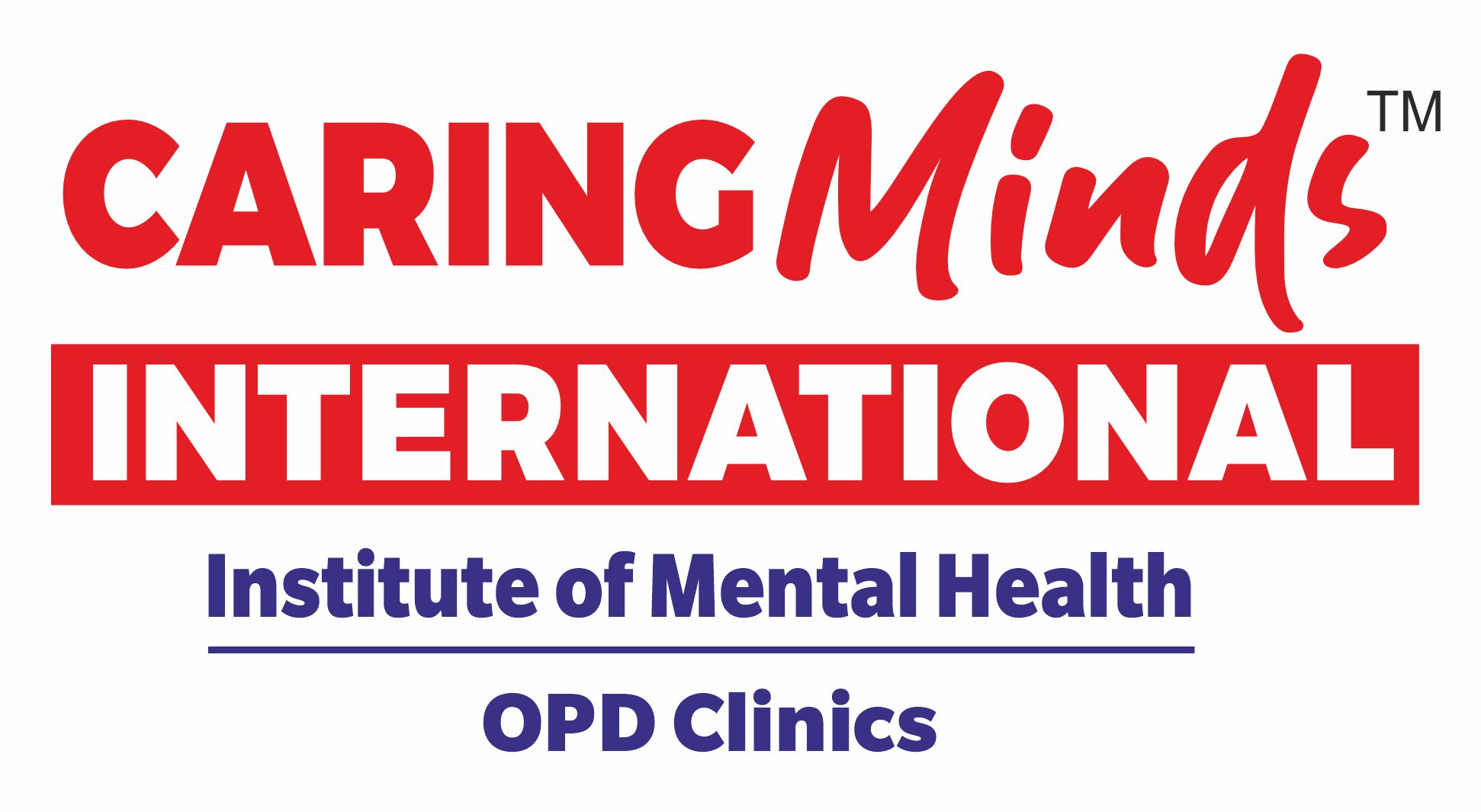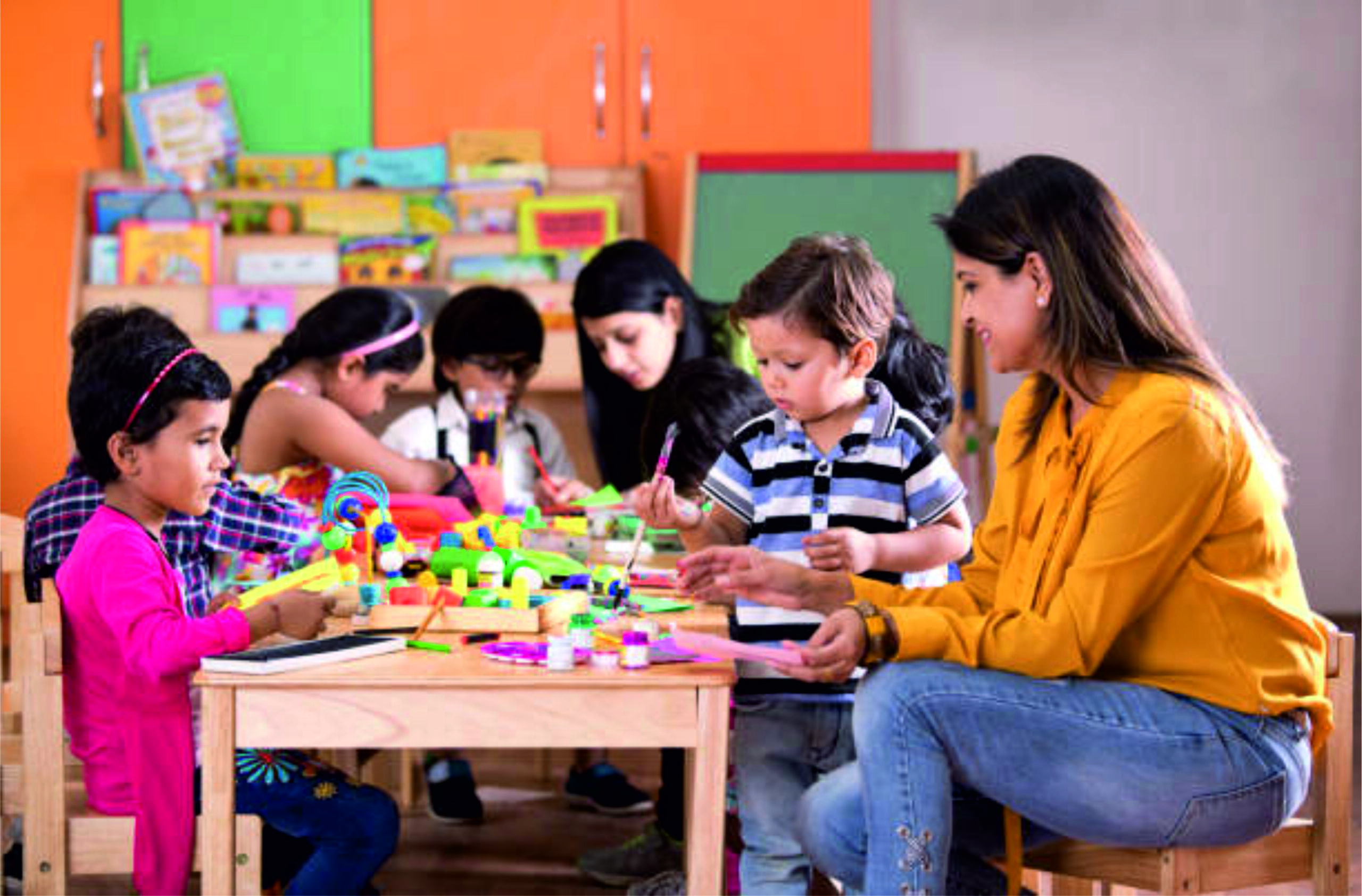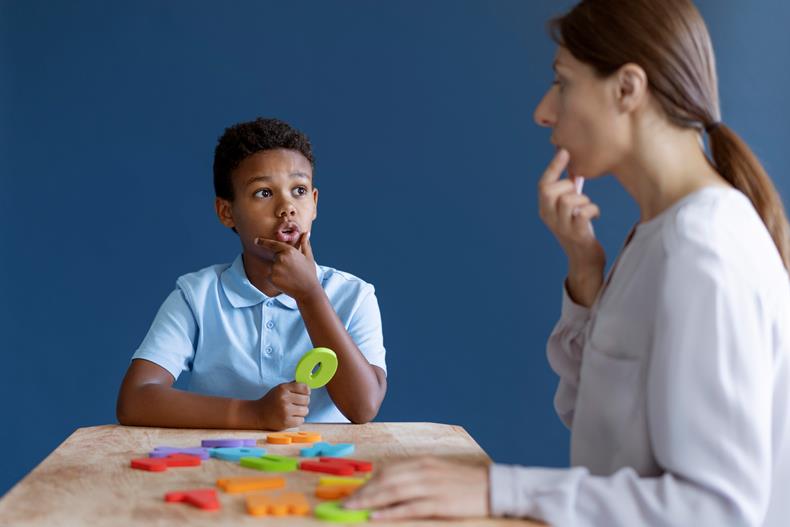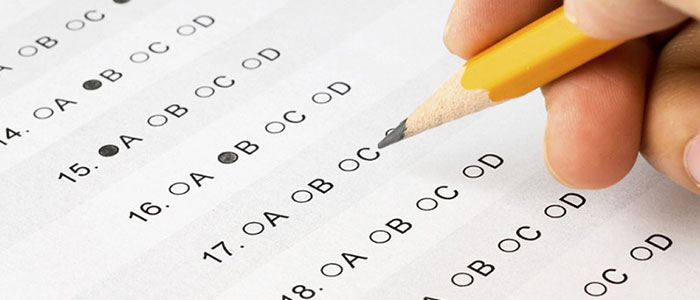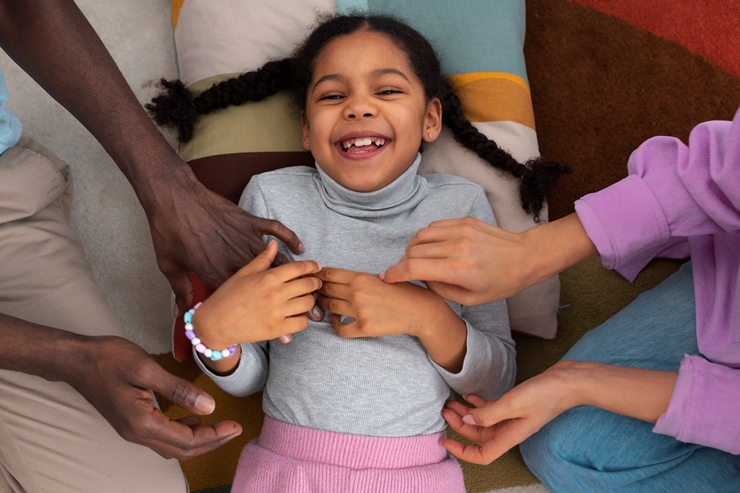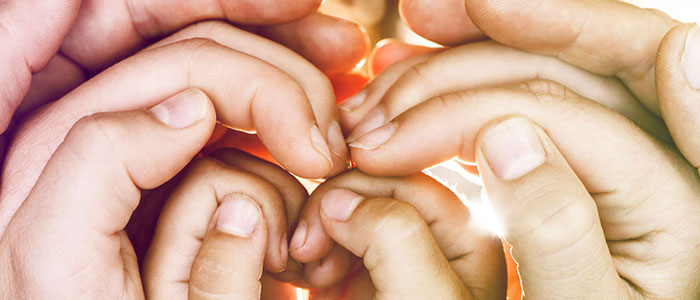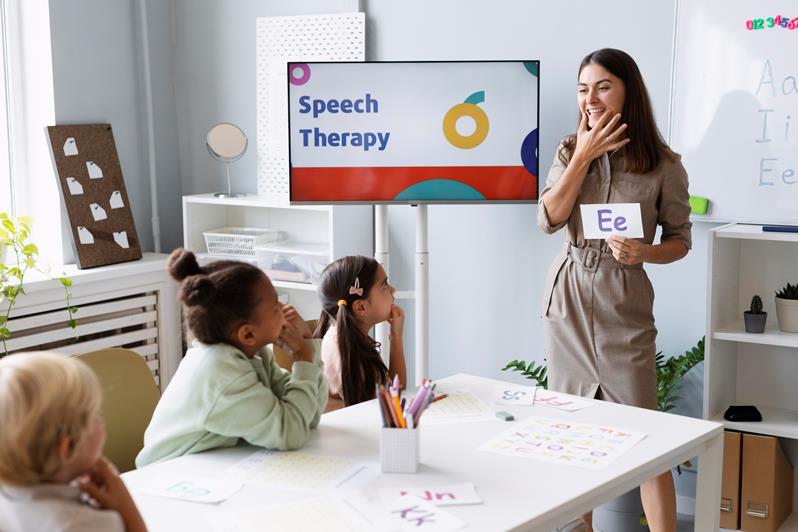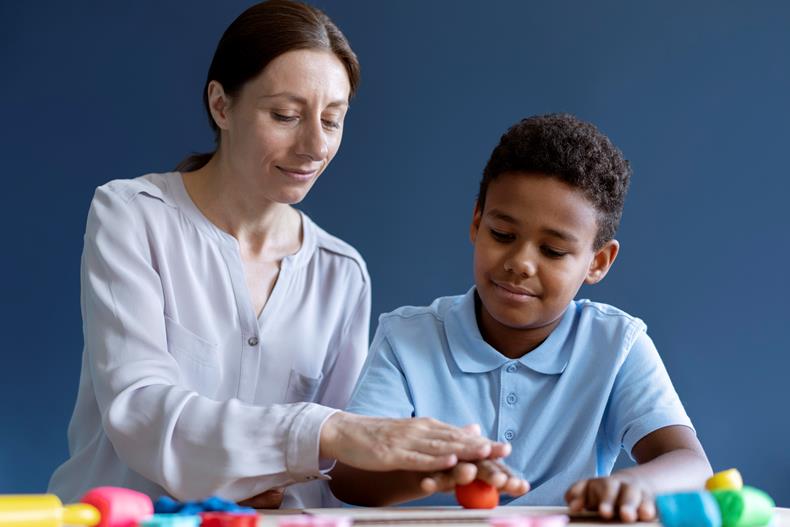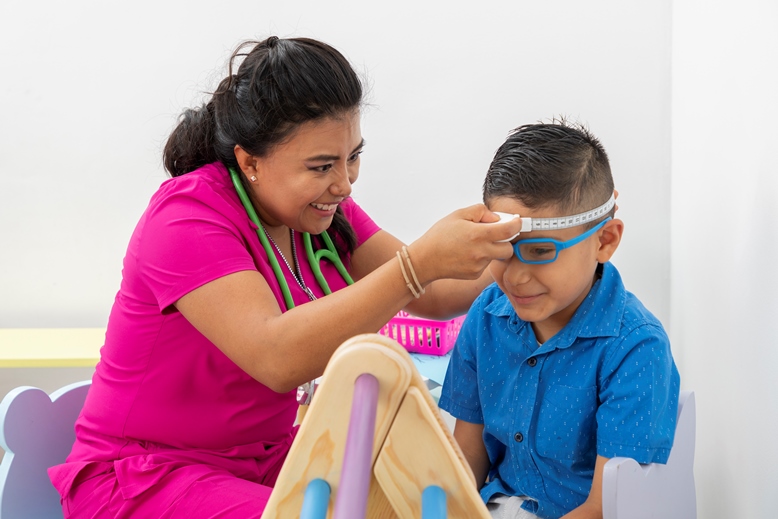Cognitive behaviour in children refers to the way children think, perceive, interpret, and respond to the world around them. It encompasses their thoughts, beliefs, attitudes, and the connection between their thoughts and behaviours. Cognitive behaviour in children is influenced by various factors such as their individual experiences, social interactions, genetic predispositions, and environmental factors. Cognitive-behavioural therapy (CBT) is an approach that focuses on understanding and modifying these cognitive and behavioural patterns in children. It is based on the idea that thoughts, feelings, and behaviours are interconnected and that changing one aspect can lead to changes in others.
Here are some key aspects of cognitive behaviour in children:
- Thoughts and Beliefs: Children develop thoughts and beliefs about themselves, others, and the world around them. These thoughts can be positive, negative, realistic, or distorted
- Cognitive Processes: These processes influence how they perceive and interpret situations, make decisions, and solve problems. For instance, a child’s attention may be easily distracted or selectively focused on negative aspects.
- Emotional Responses: Children’s thoughts and beliefs influence their emotional responses. Conversely, positive thoughts can lead to feelings of happiness and contentment.
- Behavioural Reactions: Behavioural reactions can be adaptive or maladaptive, and CBT aims to help children develop more effective coping strategies.
- Cognitive Distortions: Common cognitive distortions in children include all-or-nothing thinking (seeing things as black or white), overgeneralization (drawing broad conclusions from a single event), and catastrophizing (expecting the worst outcome).
Cognitive-behavioural therapy for children involves helping them identify and challenge their negative or distorted thoughts, develop more realistic and positive beliefs, and learn new coping skills. Therapists often use various techniques such as cognitive restructuring, problem-solving, behavioural experiments, and relaxation exercises to facilitate change.
By addressing cognitive behaviour in children, CBT can help improve their emotional well-being, reduce symptoms of anxiety or depression, enhance problem-solving skills, and promote more positive and adaptive behaviours.
